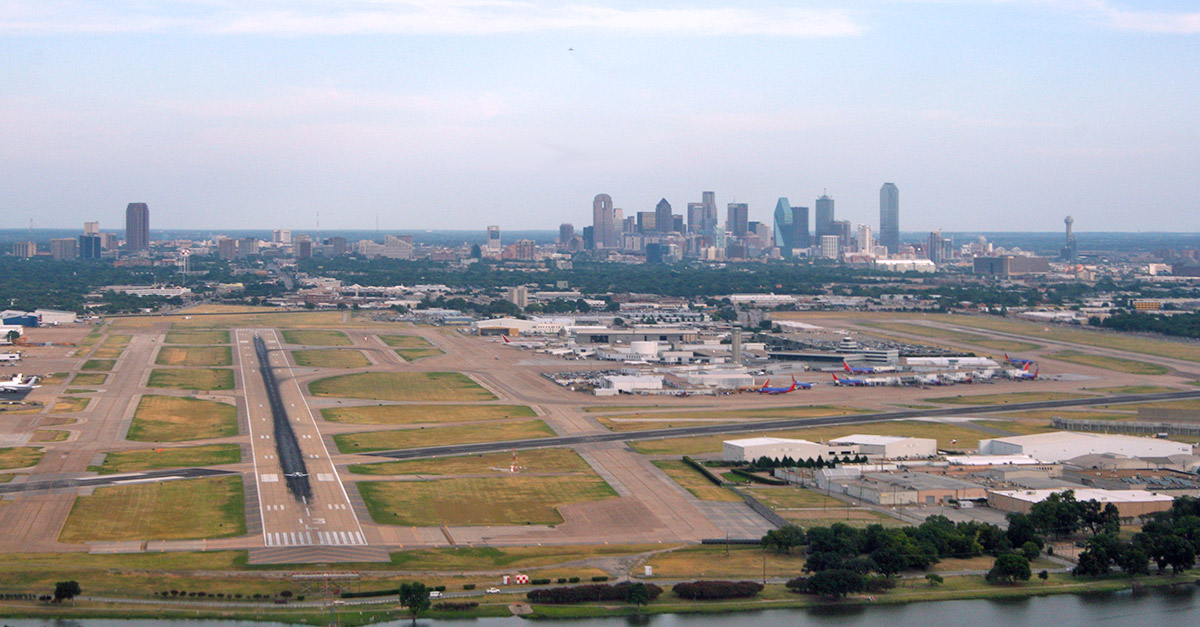
July 10, 2018
NBAA and the Dallas Love Field Pilots Association are working with Dallas Love Field (DAL) and city officials to mitigate the impact of upcoming landing fees for based aircraft, after the city recently announced a landing fee for general aviation operations, based on a new ordinance. The applicability of that ordinance is cause for concern to NBAA and based-aircraft operators.
“The ordinance implies that those using based aircraft, and others who already pay fees or taxes to the city, would be exempt from this landing fee,” said Steve Hadley, NBAA’s director of regional programs and Southwest regional representative. “Unfortunately, airport officials are interpreting the ordinance to exempt direct tenants only and not sub-tenants.”
For example, an FBO that is an airport tenant would be exempt from the landing fee because that business pays a lease, and other fees, to the city. However, contrary to how the airport officials are reading the new ordinance, the pilot’s association believes that sub-tenants, such as a flight department renting space from the FBO, should also be exempt from the landing fee, since that operation pays a lease and other fees to the city as well.
“The landing fee is essentially a fourth tax,” said Sean Lynch, a member of the Dallas Love Field Pilot’s Association and leader of the task force working with the airport and city on this issue. “Based aircraft operators typically pay fuel flow fees, property tax (which benefit the county, city, schools and hospital systems) and lease fees.”
The new landing fees would be in addition to these existing taxes.
Further, the landing fee, based on a formula considering aircraft landing weight, but heavily factored on airport operations and maintenance costs, could be one of the highest in the country.
Lynch also explained the city’s calculations of general aviation financial contributions versus expenses – which were used to determine the landing fee formula – were inaccurate or incomplete. For example, the city’s report did not consider the $7 million in lease fees general aviation already pays each year, or the over $100 million in investment in airport facilities by the general aviation industry, at no cost to the city.
“NBAA is very concerned that the public and the tenants were not included in the conversation from the start,” said Hadley. “The fee-calculation methodology was not disclosed until late in the process and, most importantly, sub-tenants are not currently exempt from a landing fee. General aviation representatives should be included in conversations that impact access to the airport.”
“We weren’t plugged into the discussion at the beginning, and the landing fee was announced in a very obscure fashion,” said Lynch. “Now we are bringing the full perspective to the discussion.”
The landing fee implementation date has been postponed to Oct. 1, 2018, to allow the parties to discuss alternatives.


 International Business Aviation Council Ltd.
International Business Aviation Council Ltd.